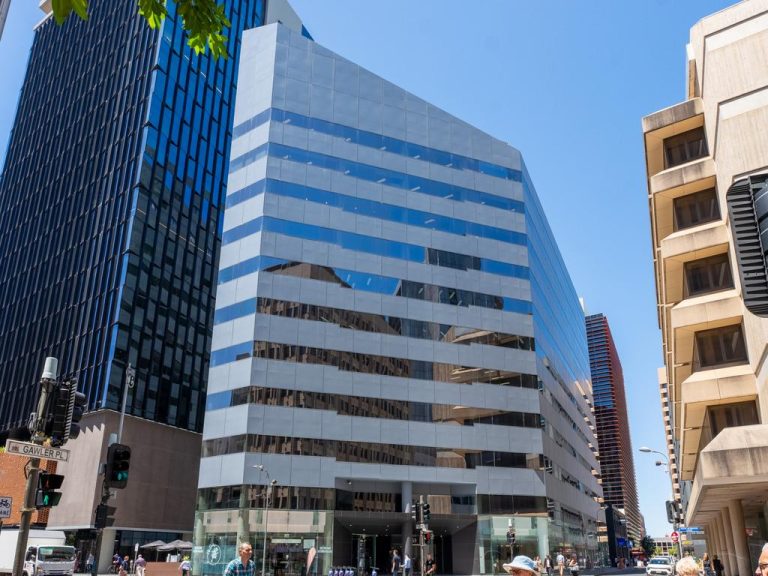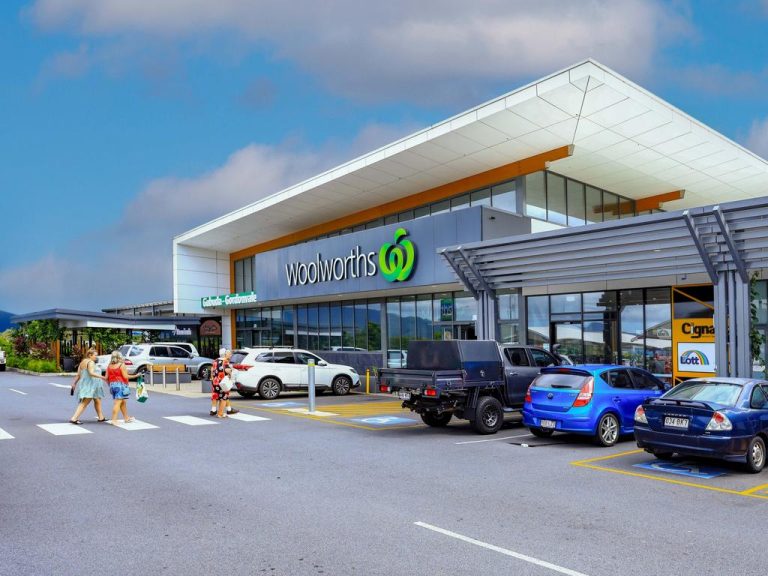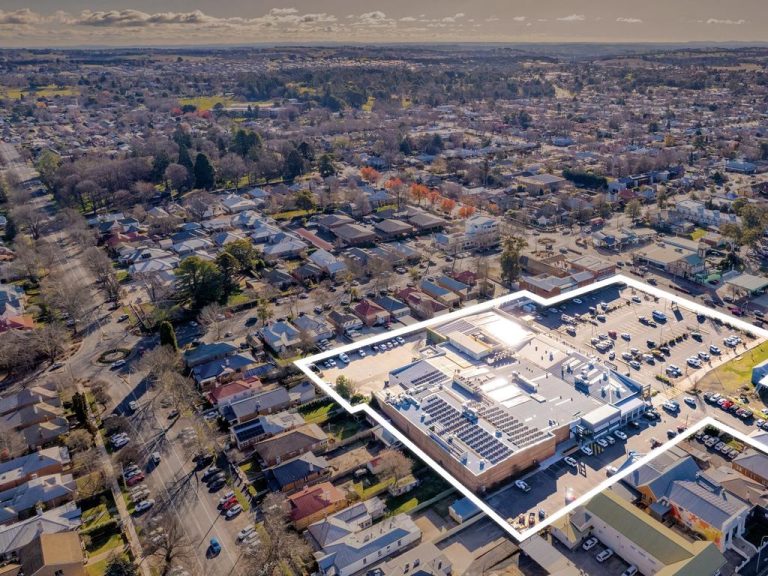Intercontinental sale looms as court-embroiled partners put up sale sign
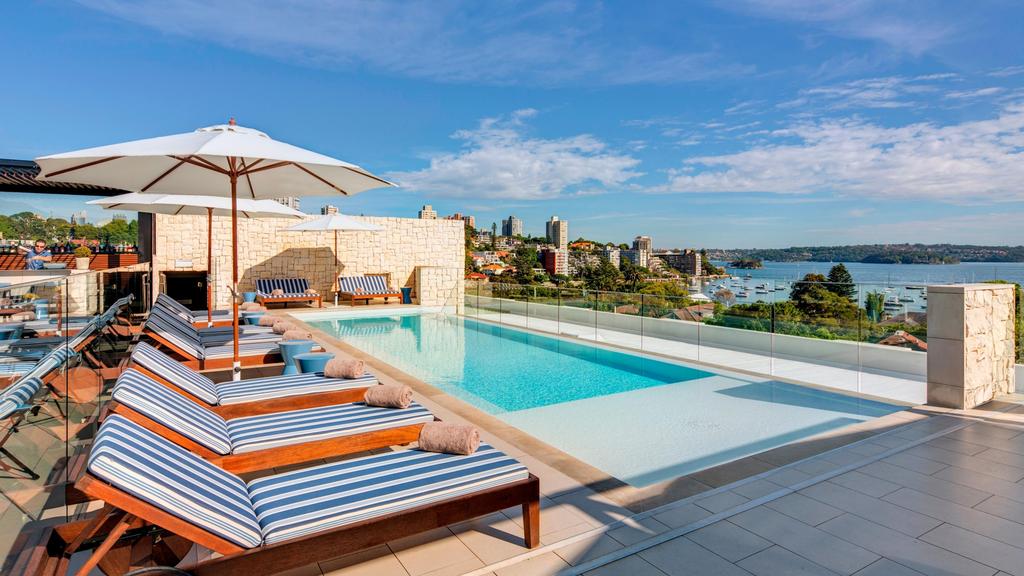
Intercontinental Sydney Double Bay’s facilities are considered dated.
The two owners of Sydney’s Intercontinental Hotel Double Bay have shelved a legal dispute over their stalled efforts to redevelop the property and are pushing ahead with marketing the five-star hotel.
They had been locked in a legal stoush in the NSW Supreme Court, having fallen out over their joint-venture agreement to develop the property.
Sale negotiations are being fast-tracked to offload it for about $240m.
The five-star, 140-room property has been mired in controversy for decades as a series of developers have proposed schemes to overhaul it.
In its glory days, the once world-famous hotel hosted celebrities such as Princess Diana. A year later, in 1997, Michael Hutchence was found dead in one of the hotel’s rooms. The hotel hosted Elton John and Madonna when it was then known as the Ritz-Carlton.
While the two owners say they have put their disputes behind them, their plans for a larger overhaul are expected to be taken forward by a new owner.
The sales process is in its second round. Listed giant Lendlease, a venture between local property deal-maker Edvard Litver and Rebel Property Group’s Allen Linz, as well as luxury developer Clutch Capital are said to be among the players in contention to buy the property, a centrepiece of Double Bay’s Cross St.
The owners, Melbourne developer Paul Fridman’s Fridcorp and Sydney-based Bilal El-Cheikh, of Piety Group, once had grand plans to lure top restaurateur Maurice Terzini to fix the hotel’s food and beverage offerings, interior designers to spruce up its furnishings, and architects to design 31 luxury apartments to capture Sydney Harbour views.
In the court case, which was last listed to be heard early this month, Fridcorp was pitted against Piety Group, which was seeking to end an agreement that would have required them to overhaul the hotel into a major Australian landmark. The pair purchased it for $178m in 2021.
Instead, they have been in a behind-the-scenes brawl over the hotel’s future for more than a year, before deciding to sell the property and calling in agents Colliers and CBRE.
In the court dispute, the pair traded claims about expenses each had incurred and over Mr Fridman’s extended stay in the hotel’s penthouse, which prompted claims of unpaid bills by his development partner.
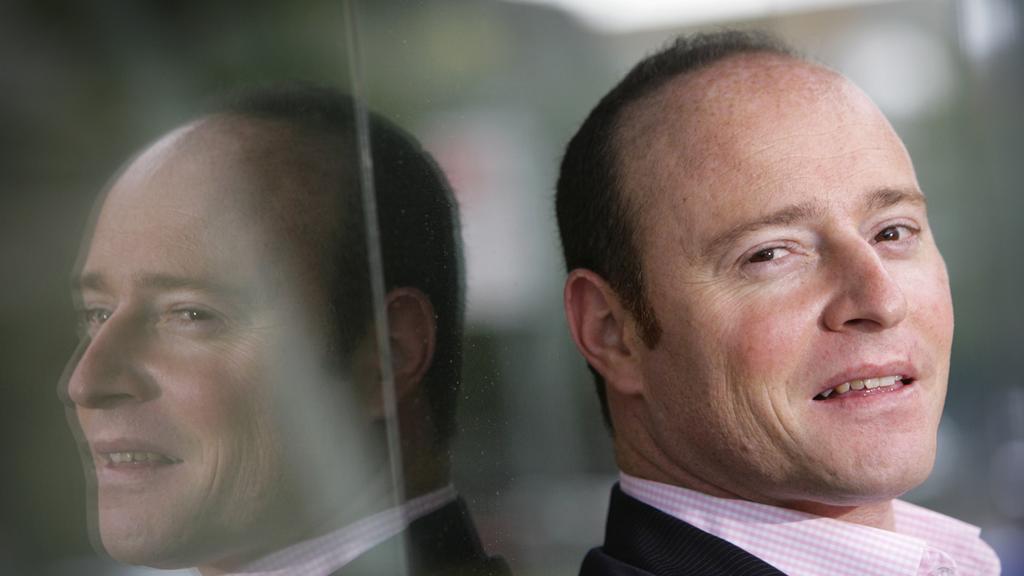
Fridcorp director Paul Fridman.
Piety alleged that Mr Fridman stayed in the hotel’s penthouse, which charges $8950 a night, running up bills between January and May last year, for which he was invoiced but allegedly failed to pay.
He has denied the quantum of the bill and paid the sum into his lawyer’s trust account, according to court documents.
In a statement earlier this week, Mr Fridman said: “We are trying to realise its value and we are going our separate ways.”
Despite the chequered history between the current owners, they appear to be headed for a profitable exit as the top end of the residential market has again shown signs of surging, and wealthy downsizers are again able to sell off mansions and buy luxury apartments.
The pair also clashed over payments made at Mr Fridman’s direction by the hotel manager, which were disputed by Piety.
Piety has alleged in court documents that in January last year Mr Fridman directed a hotel manager to transfer $600,000 from a shared business account without its approval. It said that in March Mr Fridman had directed the hotel manager to transfer a further $487,470.
Mr Fridman has denied the claims and countered in the court case that Piety was in breach of agreements to joint venture on the hotel development.
By May last year, Piety had issued an agenda for a board meeting and attached a draft default notice under a development management agreement. It included a resolution to terminate the development agreement.
But Mr Fridman voted against the move, preventing the agreement from being terminated. The Fridcorp side sought a declaration that Piety be stopped from taking steps on the back of breach notices it served last April.
Under their deal, they had planned to build the 31 apartments, up-market shops and associated offices, and then sell the units and the redeveloped hotel.
The dispute between the pair came to a head in April last year. There was a peace meeting at which they decided to work together again, after calls and emails between Mr Fridman and Mr El-Cheikh. But by May Piety had sent the notices claiming Fridcorp was in breach and the problems could not be remedied.
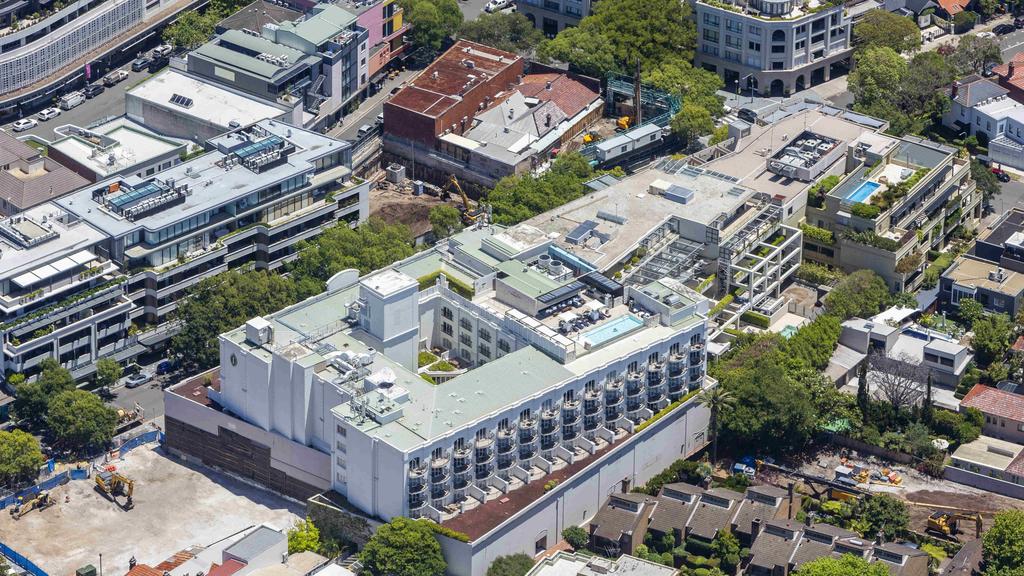
The Intercontinental Sydney Double Bay as seen from the air.
Fridcorp has counterclaimed that hundreds of thousands of dollars should have been paid in development fees, but these were not fully paid and that Piety had authorised payments to itself.
Fridcorp said the moves were an unconscionable departure from Piety’s previous representations and shot back its own notices that Piety was in breach of their joint-venture agreement.
Piety has denied the claims in court filings but declined to comment on the proceedings.
The Double Bay property has a colourful history of failed development ventures.
In 2017, the hotel was bought by a pair of Chinese multinationals for about $140m. The two buyers – Shanghai United Real Estate and Zobon Real Estate Group – were among China’s largest consortiums to forge into Australian property and the purchase sparked hopes of a large-scale overhaul.
Shanghai United, set up by 10 of China’s top property firms, including Zobon, said at the time it had $2bn to spend over the next five years in Australia, but its interest in the market faded as the apartment boom ended.
It had bought the hotel from Singapore’s Royal Group Holdings, which had ploughed about $100m into buying and refurbishing the Double Bay hotel and reopened it after it was shuttered.
The Royal Group bought the former Ritz-Carlton Hotel for almost $60m in 2013, after a controversial period when it was owned by the failed Ashington Group and, later, by Scarborough Pacific Group, which was backed by British property tycoon Kevin McCabe and Victoria’s Alter family.

